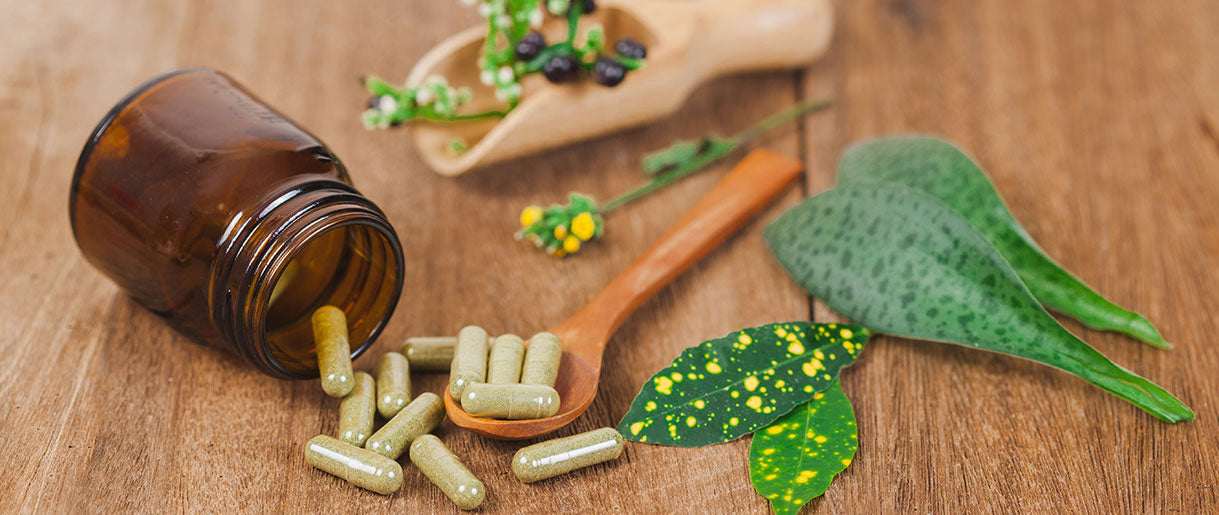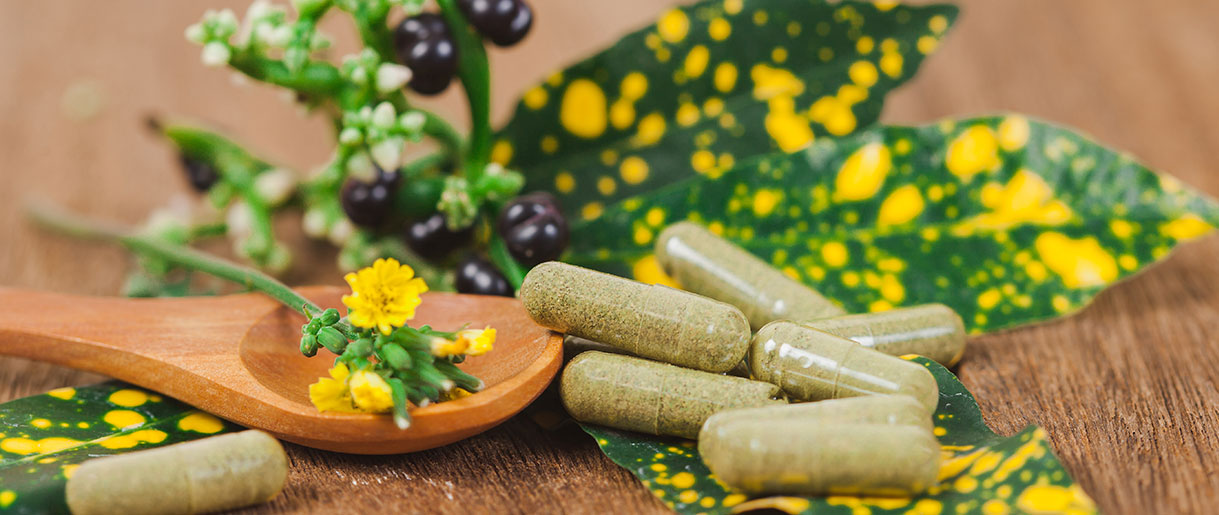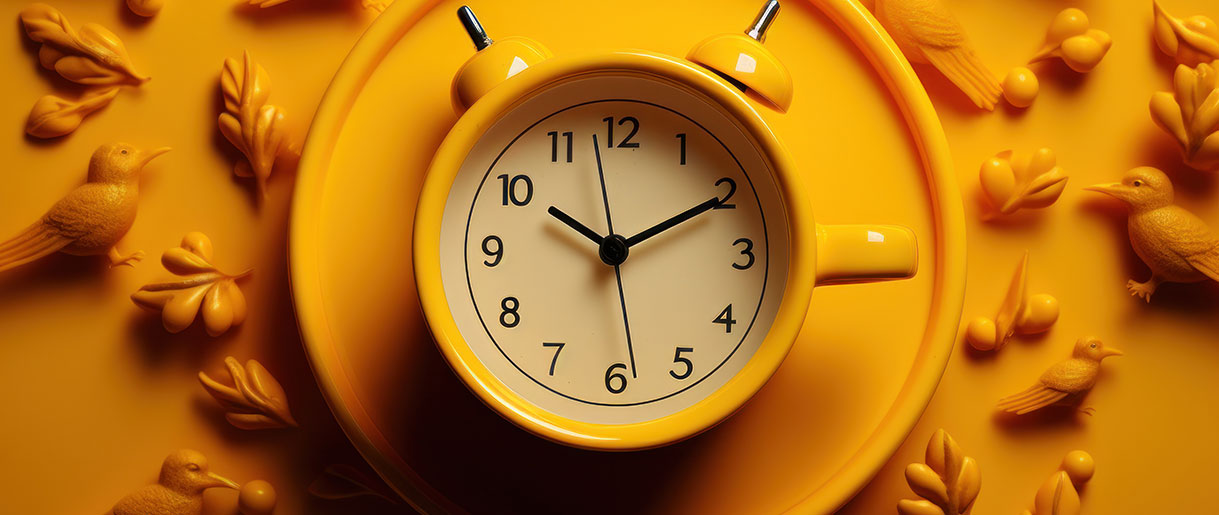Rhodiola Rosea, a renowned adaptogenic herb, has been catching the attention of many for its potential to reduce fatigue and enhance mental performance. But timing is key.
The optimal time to take Rhodiola is in the morning, with or without food. This timing helps synchronize with your body's natural rhythm, maximizing energy levels and mental clarity throughout the day without interfering with sleep patterns at night.
With its roots in traditional medicine and a growing body of scientific research backing its efficacy, Rhodiola Rosea isn't just a passing trend. It's a wellness ally for anyone looking to boost their day-to-day performance and overall well-being.
So, grab a cup of your favorite beverage, and let's embark on a journey to understand the wonders of Rhodiola and how it can seamlessly fit into your daily routine.
Why Experts Recommend Taking Rhodiola in the Morning

Ever wondered when to pop that Rhodiola Rosea for maximum impact? The answer is simpler than you think: morning time is your golden window.
Why, you ask? Well, it's all about syncing with your body's natural clock and making the most out of this powerful herb.
- Circadian Rhythm Match-Up: Your body runs on a circadian rhythm—think of it as your internal clock. Taking Rhodiola—also known as arctic root—in the morning aligns perfectly with this, kick-starting your day with a natural energy boost.
- Mental Clarity from the Start: Rhodiola is famed for its ability to fight mental fatigue (1). Swallowing that Rhodiola supplement as part of your morning ritual means sharper focus and clearer cognition throughout the day.
- Physical Energy Boost: Not just your mind, but your body gets a leg up, too. Rhodiola Rosea extract in the morning can elevate your physical performance, making you feel more energetic (2) and less bogged down by physical fatigue. This makes the herb a perfect addition to your morning routine for energy.
So, there you have it—taking Rhodiola in the morning isn't just a recommendation; it's like giving your day a secret supercharge.
It's not just about combating fatigue or improving cognitive function. It's about setting the tone for your day, aligning with your natural body rhythms, and tackling everything from generalized anxiety disorder to exercise performance with renewed vigor.
Discussion on Taking Rhodiola with or without Food

So, you've got your bottle of Rhodiola Rosea, the golden root known for its fantastic health benefits. But here's a question that might nag you: should you take it with food or on an empty stomach? Let's chew over this topic.
- Absorption Matters: The key with any dietary supplement, including Rhodiola (arctic root), is how well your body can absorb it. Some folks find that taking Rhodiola on an empty stomach maximizes absorption, giving a quicker kick to combat physical and mental fatigue.
- Gentle on the Stomach: However, taking Rhodiola with food might be the way to go if you're someone with a sensitive tummy. It's all about keeping things smooth and comfortable while reaping those health benefits.
- Consistency is Key: The most important thing is consistency, whether you take it with a meal or not. As part of your complementary and integrative health approach, regular Rhodiola supplementation ensures a steady supply of its benefits in managing life stress symptoms.
Now, let's put a cap on this. Taking Rhodiola Rosea—this incredible herbal supplement—should be tailored to your body's needs. While some swear by taking it on an empty stomach for that quick absorption, others prefer the gentler approach of combining it with food.
The bottom line? Listen to your body and make Rhodiola a seamless part of your wellness journey, whether fighting fatigue or giving you that extra edge in your daily hustle.
Special Considerations: Timing Rhodiola for Individual Differences and Conditions

Navigating the best time to take Rhodiola supplements isn't a straightforward path for everyone. Given our unique bodies and varying health conditions, the 'when' can make a significant difference. Let's explore how personal factors influence the ideal timing for taking this herbal powerhouse.
- Responding to Stress Levels: If you're battling stress-induced fatigue or managing stress hormone levels (3), the timing of your Rhodiola dose can be crucial. For some, a morning dose helps prepare the body for the day's stressors, while others might find an afternoon dose more beneficial to combat midday slumps.
- Dealing with Chronic Conditions: For those addressing chronic fatigue symptoms or moderate depression, the timing of Rhodiola Rosea supplementation can affect its efficacy. It may be more beneficial to take it when symptoms feel more pronounced or when energy levels typically dip.
- Exercise and Performance: Athletes or those seeking to enhance athletic performance (4) might adjust the timing of their Rhodiola intake to align with their training schedules. Taking Rhodiola an hour or two before exercise could boost physical performance and energy levels.
When it comes to taking Rhodiola, it's not just about 'morning or night' but understanding how your body and its specific conditions interact with this supplement. It's about listening to your body and adjusting the timing to suit your health journey.
Common Mistakes to Avoid

Embarking on a journey with Rhodiola supplements is exciting, especially considering potential benefits like stress reduction and improved cognitive function (5).
However, as with any journey, there are pitfalls to avoid. Let's navigate through some common missteps to ensure your experience with this age-old herbal supplement is as beneficial as possible.
- Avoid Late Evening Intake: Taking Rhodiola capsules or liquid extracts in the late evening might seem like a good idea, but it can backfire. Why? Because Rhodiola is known to energize and stimulate, which might interfere with your sleep. Stick to morning or early afternoon doses to align better with your body's natural rhythm.
- Watch Your Dosage: More isn't always better—typically, a daily dose ranges from 100 to 600 mg. Overconsumption of Rhodiola can lead to potential side effects like jitteriness or difficulty sleeping. It's crucial to adhere to the recommended dosage on your standardized extract, or better yet, follow the guidance of a healthcare professional.
- Check for Interactions: Rhodiola, used for centuries in traditional medicine, may interact with other medications, herbal supplements, or exacerbate certain health conditions. Before you start taking Rhodiola supplements, especially if you're managing stress-induced conditions, it's vital to do your research and consult with a medical expert.
Remember, while the health benefits of Rhodiola are many, the key to reaping its full benefits lies in using it wisely and responsibly.
While adding it to your morning routine checklist or morning routine for mental health can be beneficial, taking it too late in the evening can affect your sleep.
Paying attention to when you take it, how much you consume, and how it fits into your overall health regimen are crucial steps in making Rhodiola a positive addition to your life.
Personalizing Your Rhodiola Routine

Embarking on your Rhodiola journey can feel like stepping into a world of traditional medicine magic, but it's essential to tailor it to your needs.
Whether you're a beginner or looking to refine your routine, personalizing your Rhodiola intake is key. Here's how to make this powerful herbal supplement work for you.
- Starting Out: If you're new to Rhodiola extract or any dietary supplements, begin with a lower dose. Monitor how your body adapts and responds, especially if you aim to alleviate stress-related fatigue or chronic stress.
- Adjusting to Your Goals: Depending on whether you're treating fatigue, managing physical stress, or bolstering your immune system, the dose and timing of Rhodiola can vary. Pay attention to how your body feels and adjust accordingly.
- Seek Professional Advice: Always consult with a medical professional, especially if you're on prescription drugs or have conditions like fluctuating blood pressure. They can guide you on the best way to incorporate standardized Rhodiola extract into your regimen.
When personalizing your Rhodiola routine, remember that it's not just about taking a capsule; it's about understanding the active compounds and how they interact with your body.
It's a dance between the effects of Rhodiola and your unique physiology. So, take it slow, listen to your body, and don't hesitate to seek advice from healthcare providers.
FAQs About When To Take Rhodiola
Can I Take Rhodiola On An Empty Stomach?
Yes, you can take Rhodiola on an empty stomach. Many people find that taking Rhodiola without food allows for better absorption and quicker effects, especially when it comes to enhancing mental alertness and reducing fatigue.
However, if you have a sensitive stomach, you might prefer to take it with food to avoid digestive discomfort. It's essential to listen to your body and adjust accordingly.
Can Rhodiola Be Taken Long-Term?
Yes, Rhodiola can generally be taken in the long term. It's considered safe for extended use as a daily supplement.
However, it's always wise to consult a healthcare professional for personalized advice, especially if you have specific health conditions or are taking other medications.
Periodic breaks from its use might also be beneficial to prevent any potential tolerance buildup.
Is It Safe To Take Rhodiola Daily, Or Should I Cycle It?
It is generally safe to take Rhodiola daily.
However, some experts recommend cycling it—for example, taking it for a period, then taking a break for a week or so—to maintain its effectiveness and prevent your body from building a tolerance.
Consult a healthcare professional for advice tailored to your health needs.
Key Takeaways
As we've explored the various facets of Rhodiola, it's clear that this ancient herb offers more than just a fleeting wellness trend.
Whether you're integrating it into your routine for stress management, cognitive enhancement, or overall vitality, Rhodiola stands out as a versatile and beneficial herbal supplement. Remember, the journey with Rhodiola is deeply personal, and its effectiveness lies in how well you tailor it to your unique needs and lifestyle.
So, as you embark or continue on your wellness path with Rhodiola, think of it as a companion on your journey to better health. Whether taken daily or cycled, on an empty stomach or with food, Rhodiola offers a natural way to support your body and mind in today's fast-paced world.
Now, we'd love to hear from you! Have you tried Rhodiola in your wellness routine? How has it impacted your daily life?
Share your experiences, tips, or questions in the comments below. Your insights could be the guiding light for someone else on their path to wellness. Let's continue the conversation and grow together in our collective journey to health and vitality.
References
- Rhodiola rosea for physical and mental fatigue: a systematic review, (1), https://www.ncbi.nlm.nih.gov/pmc/articles/PMC3541197/
- The Effectiveness of Rhodiola rosea L. Preparations in Alleviating Various Aspects of Life-Stress Symptoms and Stress-Induced Conditions—Encouraging Clinical Evidence, (2), https://www.ncbi.nlm.nih.gov/pmc/articles/PMC9228580/
- Rhodiola rosea L.: an herb with anti-stress, anti-aging, and immunostimulating properties for cancer chemoprevention, (3), https://www.ncbi.nlm.nih.gov/pmc/articles/PMC6208354/
- Effects of Rhodiola Rosea Supplementation on Exercise and Sport: A Systematic Review, (4), https://www.ncbi.nlm.nih.gov/pmc/articles/PMC9021834/
- Rhodiola rosea L. Improves Learning and Memory Function: Preclinical Evidence and Possible Mechanisms, (5), https://www.ncbi.nlm.nih.gov/pmc/articles/PMC6288277/










Let Us Know Your Comments